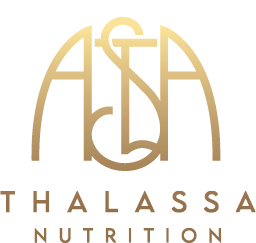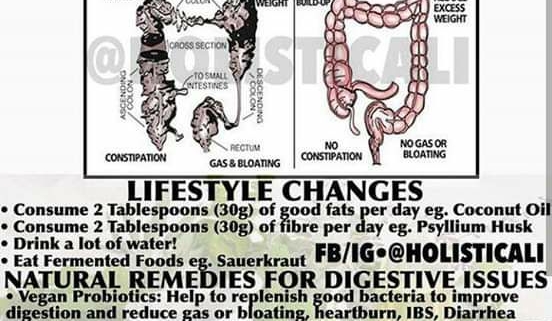Immune system
Did you know that over 70% of your immune system is located in your digestive system? Did you know that there are more neurons in the small intestine than in the entire spinal cord?
Remember, a robust immune system is your #1 defense against ALL diseases. So, if you want to stay healthy, you must keep your gastrointestinal system (i.e. your “gut”) in a healthy state.
Optimal gastro…intestinal health depends on the ratio of good and bad bacteria (85/15 is optimal). The gut of every healthy person contains about 3½ pounds of probiotics (“beneficial living bacteria”) that produce essential vitamins and hormones and help your digestive system break down proteins, fats, and carbohydrates, as well as digest waste.
Most importantly they compete with undesirable micro-organisms such as yeasts, fungi, bacteria and parasites, which can result in all sorts of problems, ranging from cancer to IBS to allergies. Amazingly, there are over 400 species of microbes living in your gut which contain more bacteria than there are known stars in the sky!
A 2008 study shows that probiotics can modulate immune responses via your gut’s mucosal immune system. It was found that probiotics also have an anti-inflammatory potential, resulting in a decrease in serum CRP (a sensitive marker of inflammation) levels and a reduction in the bacteria-induced production of pro-inflammatory cytokines.
Illness is oftentimes a result of previous antibiotics, which not only killed the “bad guys” but also killed the “good guys” and left the host susceptible to future infection, including candida overgrowth. So, in order to get healthy again, we need to add probiotics to our diets. Raw, fermented foods are brimming with health-promoting probiotics and have been staples of the human diet for thousands of years.
One such ancient food is sauerkraut, produced simply by covering cabbage with water and letting it sit for several weeks.
Naturally occurring bacteria on the surface of the cabbage leaves thrive in this environment, chemically changing the cabbage and increasing its B vitamin content.
Also, kefir is an excellent choice to obtain natural probiotics. A quart of kefir has far more active bacteria than you can possibly purchase in any probiotics supplement, and it is very economical as you can reuse the kefir from the original quart of milk about ten times before you need to start a new culture pack. Just one starter package of kefir granules can convert about 50 gallons of milk (use raw milk) to kefir.
Fermented soy products (like natto and miso) are also good ways to obtain probiotics, but make sure that they are from ORGANIC soy, since over 90% of the soy in the USA is now GMO.
Alex Steblowsky

 NO
NO
 no
no